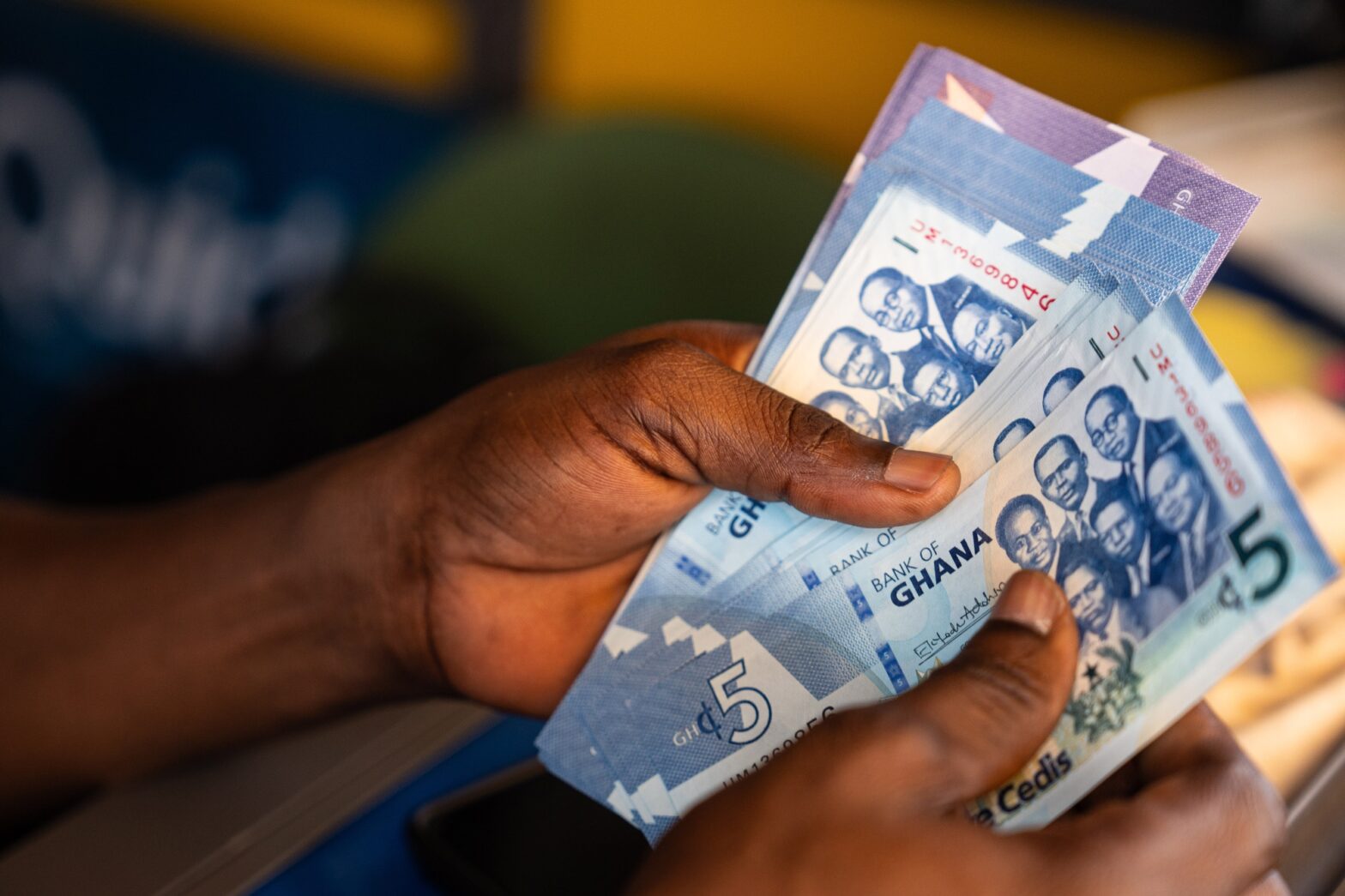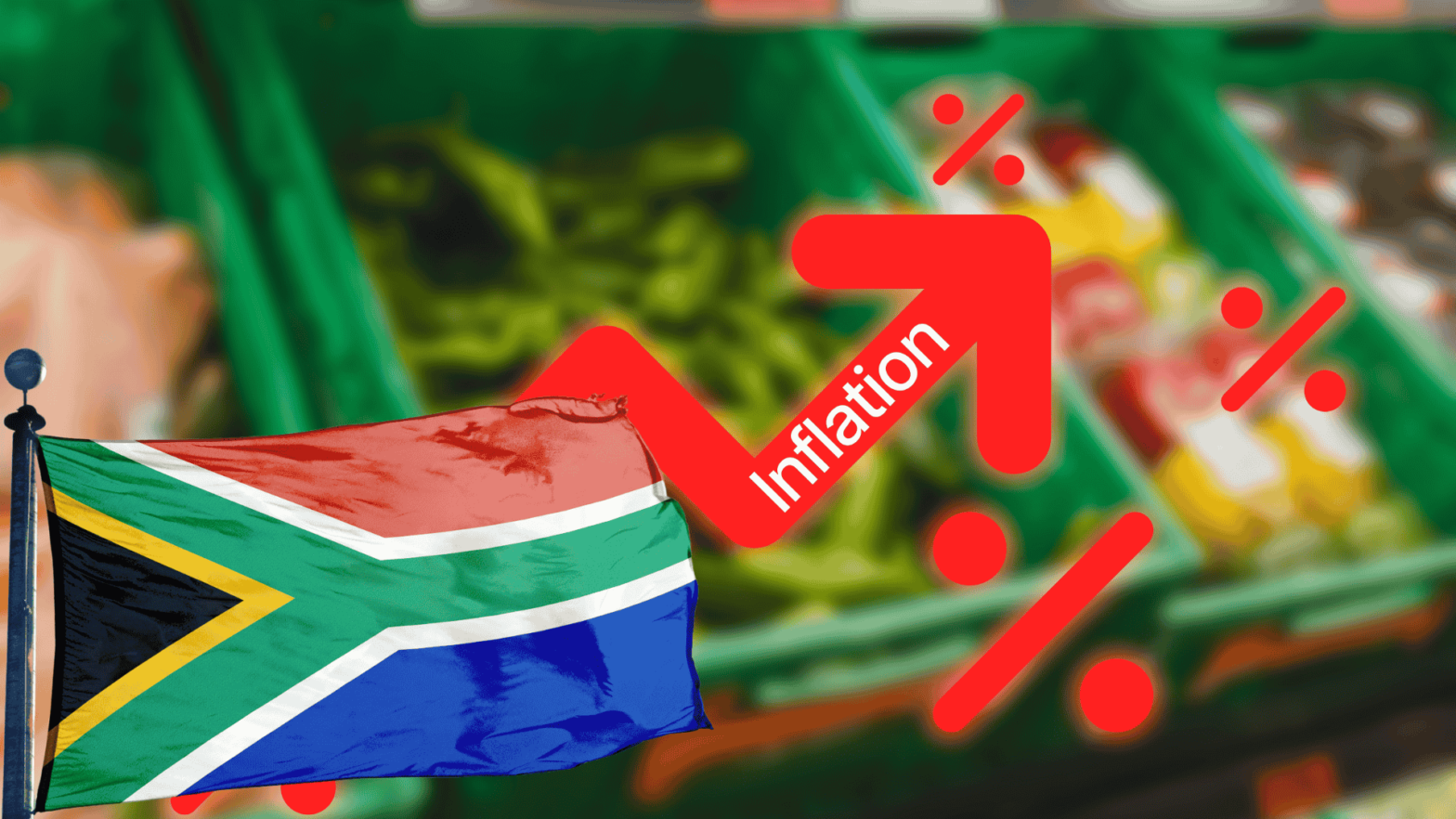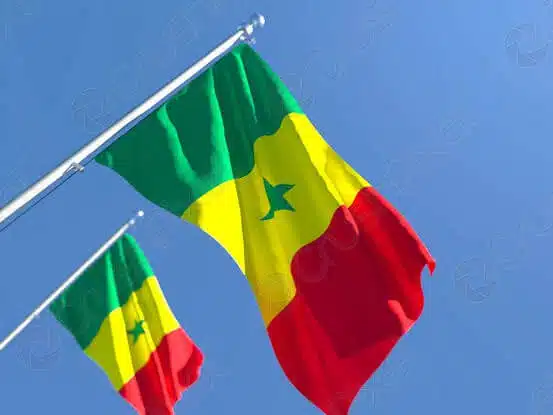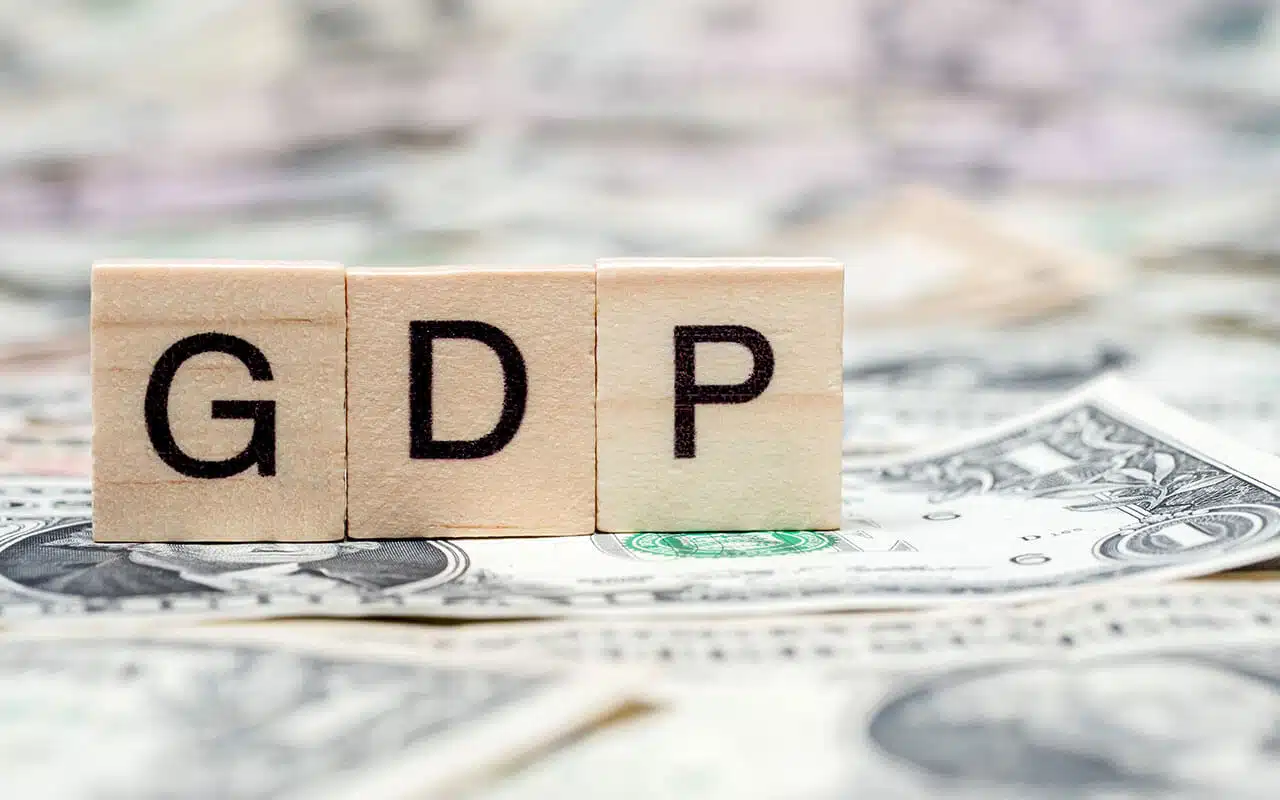Kenya is now on the verge of defaulting on its debts as rising repayment obligations, weak revenue performance, and slowing economic growth tighten the country’s fiscal space, the World Bank has warned.
In its latest economic update released on Tuesday, the Bank said the country remains at high risk of debt distress, with interest payments now consuming nearly 30% of total tax revenue.
According to government data,Kenya’s public debt stock reached a record $88 billion in March 2025—equivalent to about 65% of GDP—reflecting years of heavy borrowing to finance infrastructure and support post-pandemic recovery.
As a result of mounting domestic and external pressures, the Washington-based lender revised the East African nation’s 2025 GDP growth forecast downward to 4.5%, from 5.5% projected earlier.
It noted that while macroeconomic indicators such as inflation and exchange rate stability have shown some improvement since 2024, the broader economic environment remains fragile, weighed down by adverse weather conditions and high interest rates.
In addition, growth in industrial activity and private consumption remains weak, while investor sentiment is still recovering from recent political and fiscal uncertainty.
Being at high risk of debt distress means Kenya is struggling to meet its repayment obligations without significant adjustments to fiscal policy or external help.
Since 2020, three African countries—Zambia, Ghana, and Ethiopia—have defaulted on their sovereign debt, underlining the rising strain across the continent.
Despite stronger remittance inflows and a narrowing current account deficit—estimated at 3.1% of GDP as of February 2025—the World Bank noted that the external position has not been sufficient to offset fiscal vulnerabilities.
The report also pointed out that Kenya’s revenue collection efforts continue to lag behind expenditure growth.
It urged the government to strengthen public financial management, reduce arrears, and improve the efficiency of spending—particularly in areas that support inclusive growth and social protection.
Naomi Mathenge, Senior Country Economist at the World Bank, said while Kenya’s fiscal system has helped reduce inequality, it has done little to address poverty.
“To make fiscal policy work for the poorest, there’s a need to spend better, not just more,” she said.
Looking ahead, the Bank expects growth to gradually recover to 5.0% in 2026–27, supported by improved confidence and stronger private investment.
But it cautioned that this outlook is subject to risks, including fiscal slippages, weather shocks, and global uncertainties.
The update calls for a more targeted approach to fiscal reforms, including expanding cash transfer programmes and reforming VAT to free up space for development spending. Without such changes, Kenya could face tighter financing conditions and growing debt sustainability concerns.







